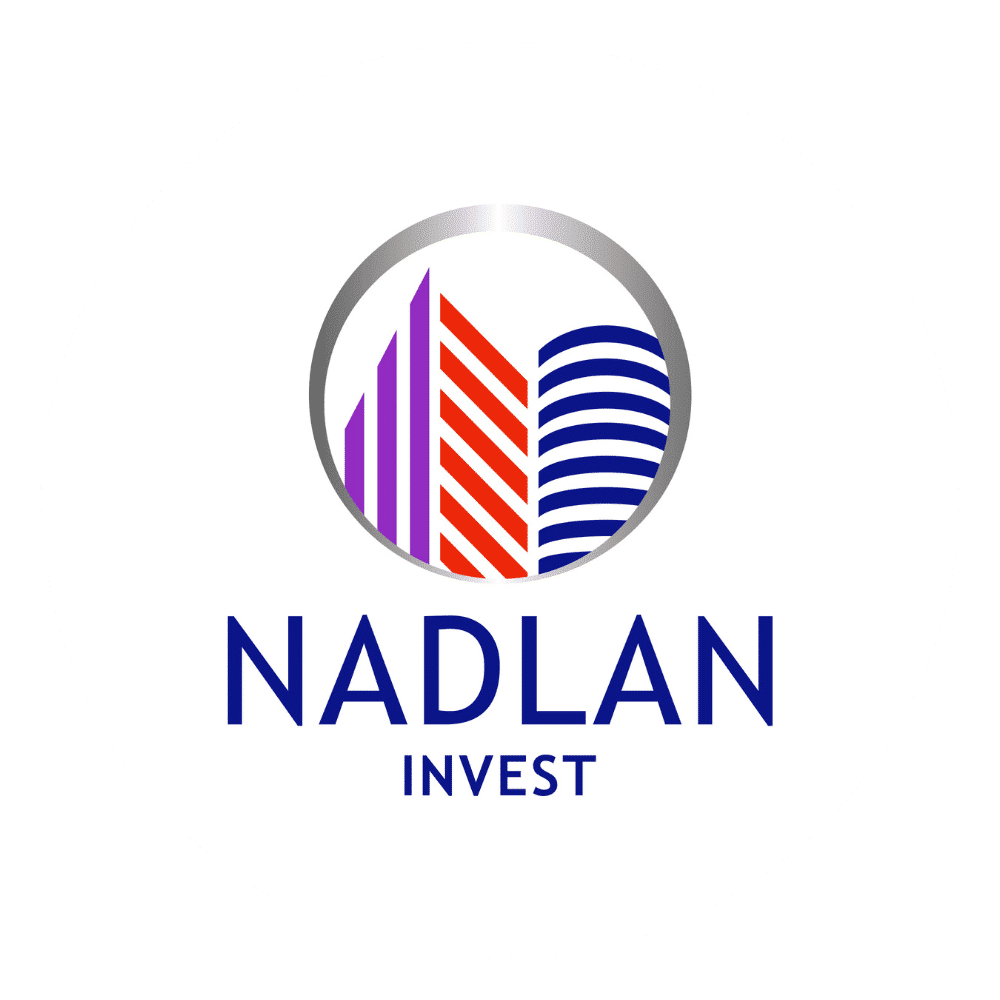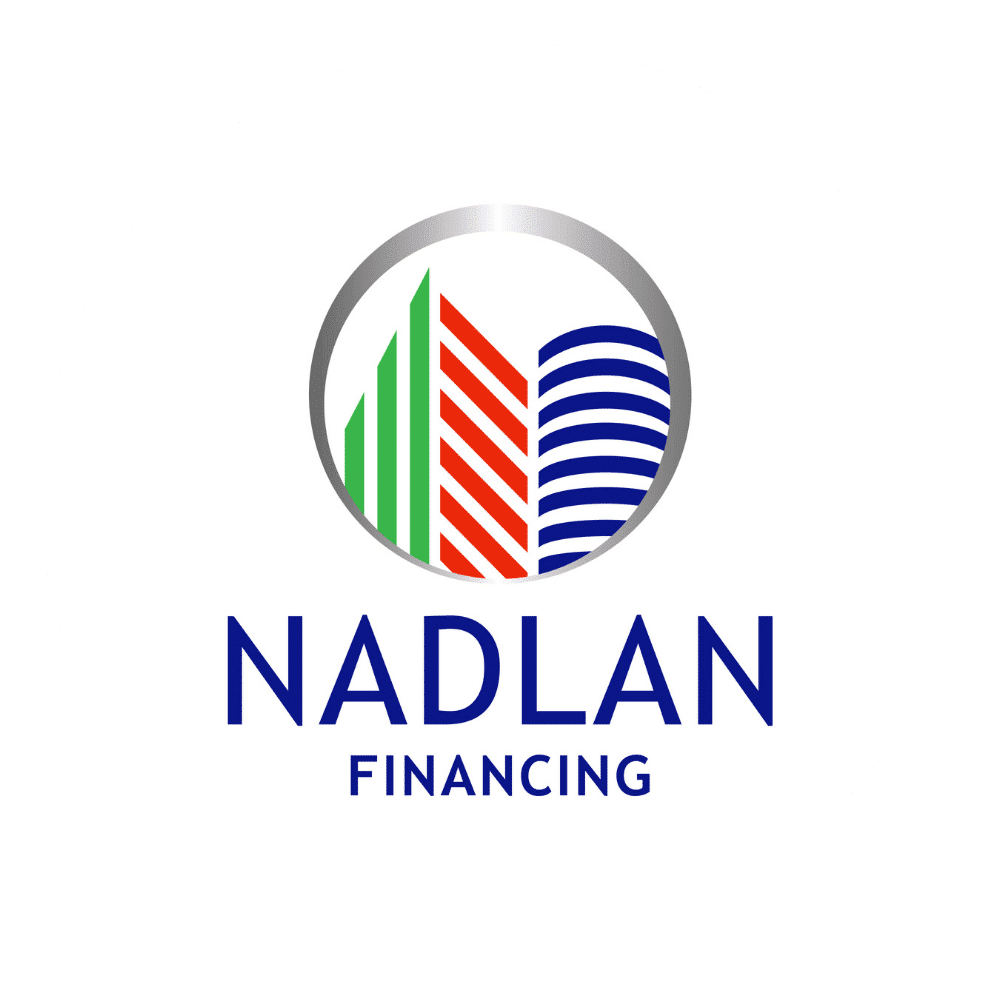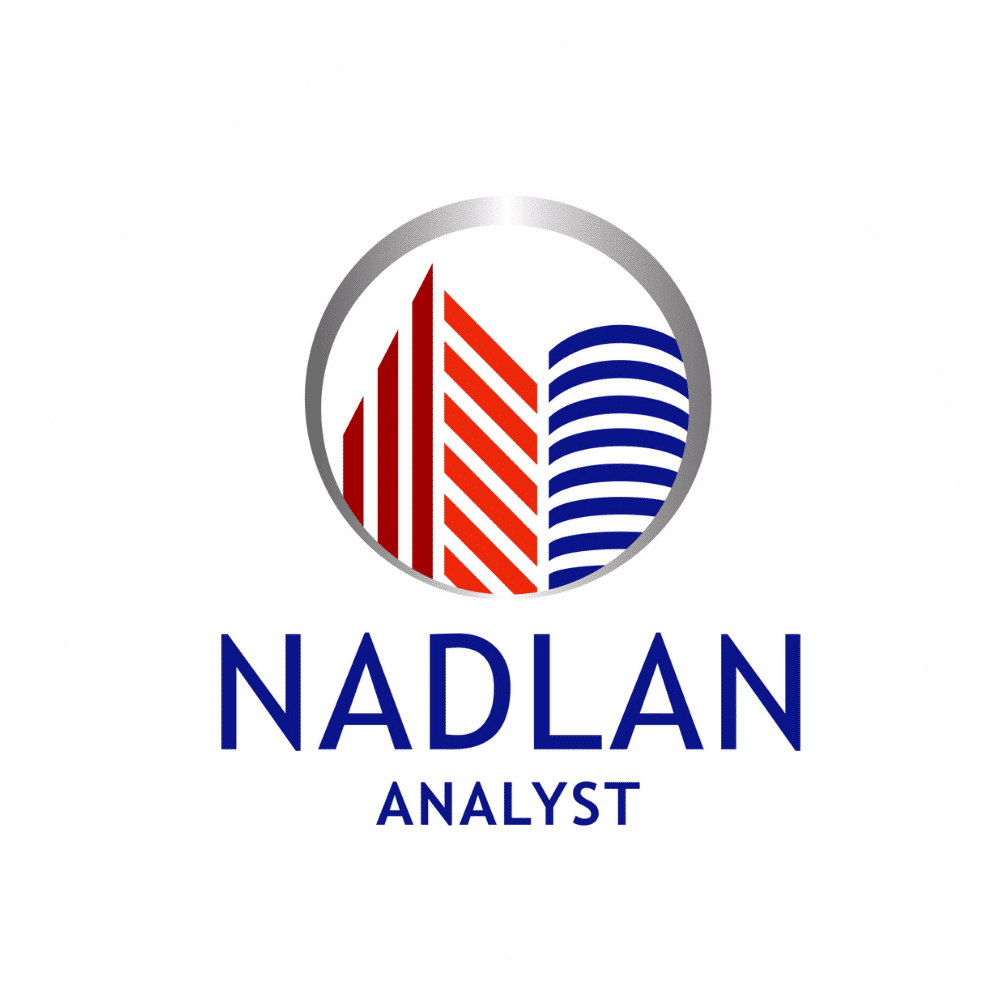How to make the buying vs. renting decision when mortgage rates are rising

With mortgage rates on the rise, more people may be asking themselves the age-old question: rent or buy?
These decisions are particularly relevant against a backdrop of bubble-like housing prices, which make monthly mortgage payments more difficult to manage, and skyrocketing rents that have proven to be one of the economy's stickier forms of inflation.
The Federal Reserve's recent interest rate hike, while not directly related to mortgage interest rates, does affect lending and home prices to some extent. And the Fed is still not done raising interest rates this year.
The average 30-year fixed mortgage rate was 6.10 percent as of Sept. 13, according to Bankrate.com, and it rose steadily to 6.43 percent on Tuesday, according to the mortgage rate comparison service, after the Fed's most. The latest decision last week to raise the benchmark interest rate by three quarters of a percentage point - the third time in a row that it raised the interest rate by this amount.
Look at the big picture
Corey J. Phillips, a financial adviser at Fort Pitt Capital Group in Pittsburgh, said he's heard from clients who are worried about buying now because of rising prices. But prices are only one consideration when it comes to buying a home.
Although higher than in the recent past, the rates are still at the average levels of the past 30 years, he said. "In recent years, as consumers, we have gotten used to such a low rate. Now this is our expectation", he said.
Trying to time the interest rate market is unwise, Phillips said. If the buying elements are right for you, it can still make sense to buy, even when prices are rising.
But before we put money down, consider what the next few years might look like. Are you interested in putting down roots, or is there a good chance you'll be moving in three to six years? If the latter is a possibility, Phillips said he generally wouldn't recommend buying now, as closing costs and fees are likely to negate the benefits.
Rent premium versus ownership premium
Sure, renting is expensive. From 1985 to 2020, the national median rental price rose 149 percent, while total median income grew just 35 percent, according to an analysis of publicly available data by Realestatewitch.com.
But houses are also expensive, although they fell by 0.77% from June to July. This is the first monthly decline in nearly three years, according to Black Knight, a mortgage software, data and analysis company, and prices have softened significantly in recent months relative to historical data. But the median price of an existing home sold in August was $389,500, still up 7.7% from last year.
Prospective buyers should remember that the premium they pay in rent is temporary, said Carl A. Wagner III, partner and senior wealth advisor at Milford, Pennsylvania-based Biondo Investment Advisors. “The premium you pay to buy is not temporary; This is a long-term commitment," he said.
So at the very least, don't force a decision to buy if your financial situation provides a good reason to be more intentional.
Determine if you have enough money for a down payment or if you might be better off holding off on a purchase until you do. Phillips offers the example of a client looking to buy a home in the $200,000 to $275,000 range. Now he's saved enough to put 15% down, which means he'll only have to pay private mortgage insurance for a few years – a type of mortgage insurance often required by lenders if the buyer doesn't have an initial 20% down payment. He can continue to save until he finds the house of his dreams, which will eventually approach the 20% threshold that will allow him to avoid private mortgage insurance.
Moving costs and other miscellaneous costs
Moving, whether to a new rental or a newly purchased home, has costs.
Potential buyers should make sure they have enough provision not only for transportation expenses but also for home maintenance - initial and ongoing. These costs are not necessarily a drop in the bucket. The average cost of a local move is $1,250 and $4,890 for a long-distance move, according to Moving.com.
What's more, "there are almost always costs you forget to include in your move, and the ones you do add are usually expensive," said Courtney Klosterman, a home insights expert at home insurance provider Hippo.
And in addition to hiring movers and home repairs, home buyers need more money to purchase new items and furniture. Additionally, if there is a gap or overlap between moves, buyers may have to pay a double mortgage or stay in a hotel until their new home is move-in ready.
Your income and personal financial security
Prospective buyers should also consider how their financial picture could change in the near term, said Gregory W. Lawrence, a certified financial planner and founder of Lawrence Legacy Group in Astro, Florida. What happens, for example, if a spouse wants to stay at home to raise the children? Or what if one of you gets fired? Can you afford to live on one income? Also consider your source of income? Is it safe in a recession? And what are your future expenses likely to be?
"Don't buy at the peak, they'll get fired and you don't have the money to pay for a house that you just put a lot of money in and now it's underwater because the market went down," said Lawrence.
If you have a great buying opportunity, but you're worried about your finances, it can make sense to put down a smaller deposit, even if it means private mortgage insurance, Lawrence said. "I wouldn't put 20% on a house unless I had enough assets to guarantee that I would never lose the house," he said.
Wagner strongly advises first-time home buyers to wait with what he sees as a bubble destined to burst. He warns people to remember the housing crisis of 2008 and how many people suffered big losses on homes bought at the peak. "I fear that we are in a similar situation where excessive speculation and excess liquidity and low interest rates led to this real estate boom," he said.
"We know historically that nothing goes in one direction forever. If it is possible for you to wait, I would.”





































Responses